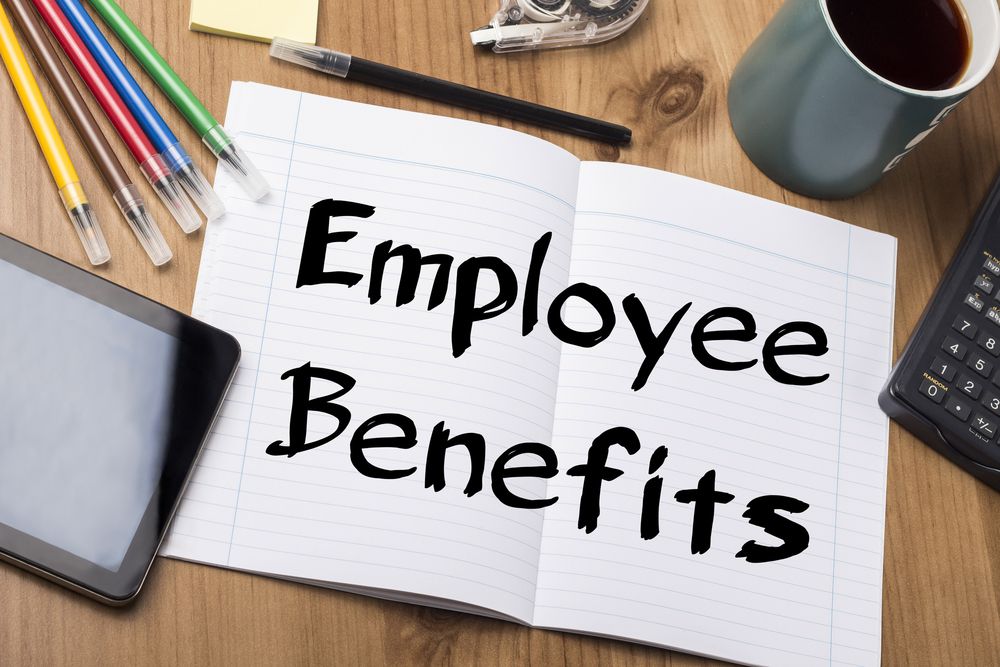Lansing, MI is about to get all Disrupted and Stuff!
Everyone already knows I’m a big believer in DisruptHR events. I’ve spoken at many, I’ve been on the team running DisruptHR Detroit from the beginning, and I decided to start DisruptHR Lansing in my own backyard!
Our first event, DisruptHR Lansing 1.0 will take place in Downtown Lansing on March 19th in the evening (more details to follow) at The Exchange. Great speakers, free food and drinks, and disruptive HR talks throughout the night!
What is DisruptHR?
- 5-minute hr-based micro-talks. Might be HR, talent, employee experience, leadership, rap music, who knows!
- Each talk has a very specific format – 20 slides and each slide moves automatically every 15 seconds.
- The goal is to be fast and challenge the status quo of the people side of the business!
CALL for SPEAKERS is NOW OPEN!
We’ll be selecting a great group of speakers. I encourage HR pros and Leaders from the Mid-Michigan area to throw your names into the hat for speaking spots!!! It’s a great way to get yourself on stage with a group of fellow HR peers who’ll support you and laugh at our bad HR jokes!
Speakers also get a professionally recorded version of your talk. This is an awesome parting gift for your own development, and to show other conferences, etc. if you decide you want to speak in a longer format in the future. Almost every conference I know now asks for some proof of your ability to speak, as such, this becomes a very valuable piece of content!
Why Speak at DisruptHR Lansing 1.0?
1. Well, I’ll be there!
2. Lansing, MI is the capital of Michigan. The epicenter of all things people in our state. It’s also might be the one place in Michigan that needs the most HR disruption!
3. HR pros need a network. We need to support each other. This is a great event to make that happen!
4. Cocktails & Hugs! (which ironically is the name of one of my upcoming future books!)
5. I’ll owe you!
Let’s face it. It’s March 19, 2020. We’ve just spent the last 120 days in pure grayness. We need to get out and do something! The event space will be intimate, the energy will be high, and we’re going to have some fun! Come join us! Tickets will go on sale after the holidays. We wanted to open up the Call for Speakers first!
If you want to get an email when tickets go on sale, leave your email on the comments below and I”ll make sure you’re the first to know!




